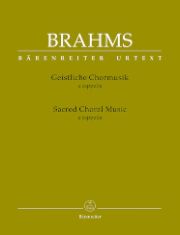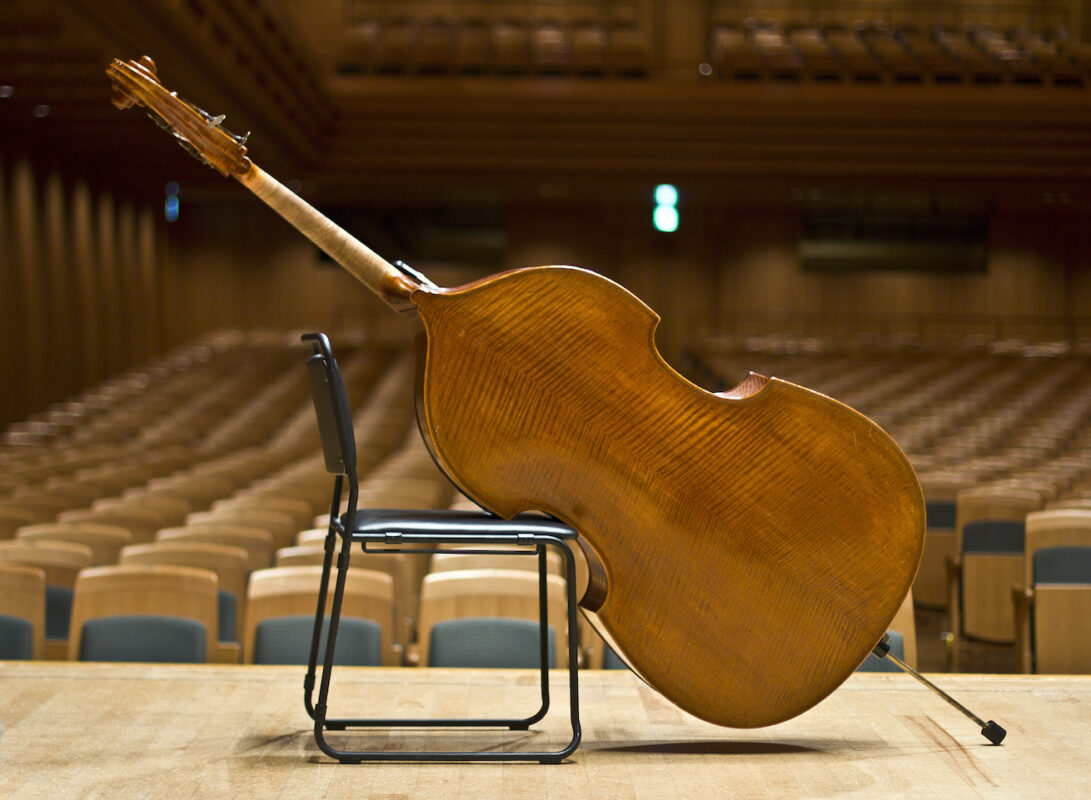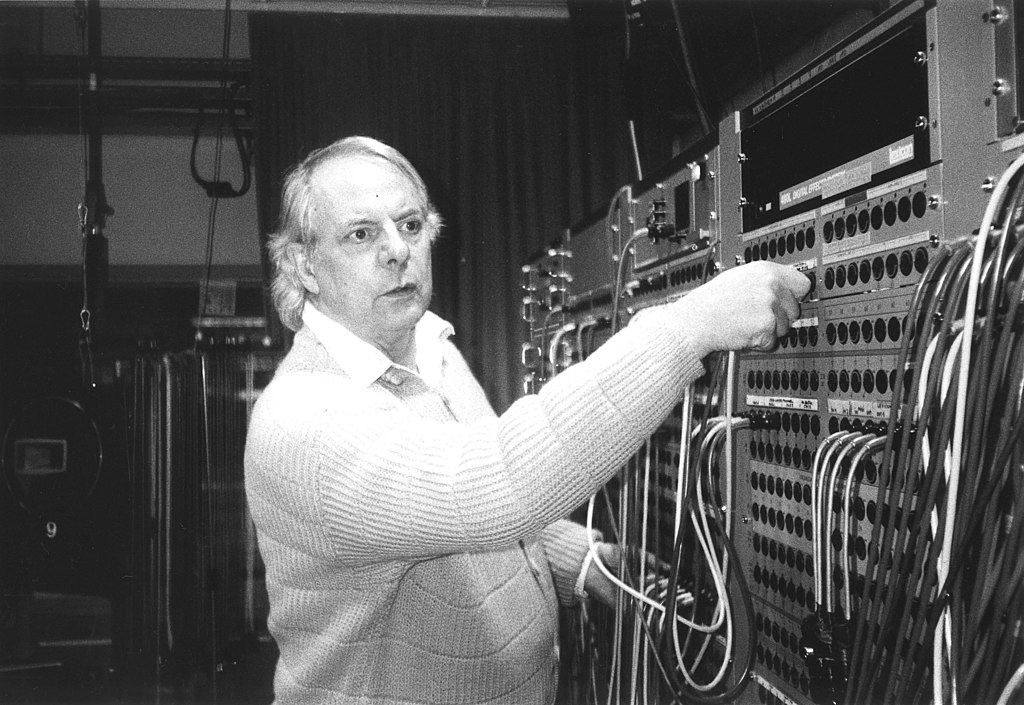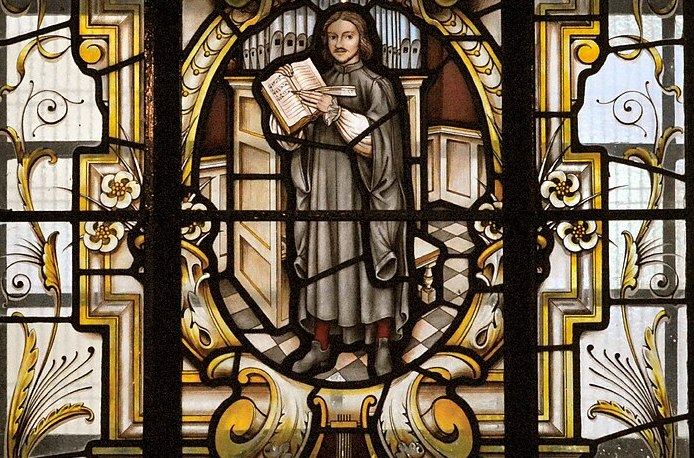Brahms a cappella
All sacred choral works without instrumental accompaniment brought together in one volume.
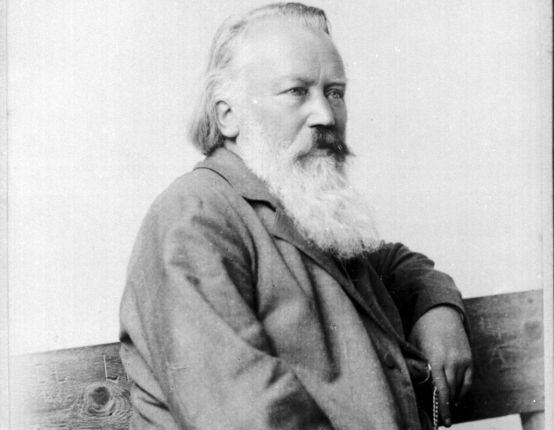
Sacred choral music played an important role for Johannes Brahms not only as conductor of the Detmold Court Choir, the Hamburg Women's Choir and the Vienna Singakademie. Here, however, he gained a wealth of experience. It also occupies a central place in his oeuvre. Musicological studies are eloquent testimony to the continuing research interest in this multifaceted complex of works. Brahms was primarily concerned with the historical compositional techniques of the 16th to 18th centuries. He asked himself to what extent the Protestant composer could be influenced by Palestrina, Schütz and Bach. In addition to social-historical aspects, theological and pious-historical questions are also raised, based on the choice of biblical texts. Then, with a view to the Festive and commemorative sayings op. 109, a political-patriotic dimension to the music has been repeatedly discussed.
In addition to the first editions and the so-called old Brahms Complete Edition, autographs, engraver's copies and copyists' manuscripts were also consulted for this edition. The piano part for rehearsal printed in some first editions has been omitted in this edition. The spelling of the vocal texts is based on the current orthography.
The volume contains seven Marian songs for mixed choir op. 22, two motets for five-part mixed choir a cappella op. 29, three sacred choruses for female voices op. 37, two motets for mixed choir a cappella, four to six voices, the Festive and commemorative sayings for eight-part double choir op. 109 and three motets for four- to eight-part choir a cappella op. 110.
The English greeting of the Marian hymns is composed in three versions, Mary's church tour in two versions. The first of the two motets is, Salvation has come to us, with an expansive fugue. The women's choirs are set for two soprano voices and two alto voices, while the Regina coeli is also set for two solo voices. The motet Why is light given to the weary is in four parts and ends with a chorale; O Savior open the heavens is in five parts, with the melody appearing in all registers. The Festive and commemorative sayings are set for eight-part double choir, as are the three concluding motets.
The sacred a cappella choral works are among the most important Romantic works in this genre.
Johannes Brahms, Sacred Choral Music a cappella, edited by Peter Schmitz, BA 7575, € 22.95, Bärenreiter, Kassel 2013






